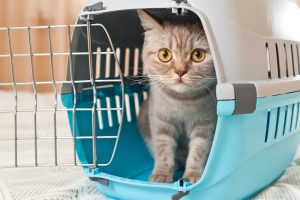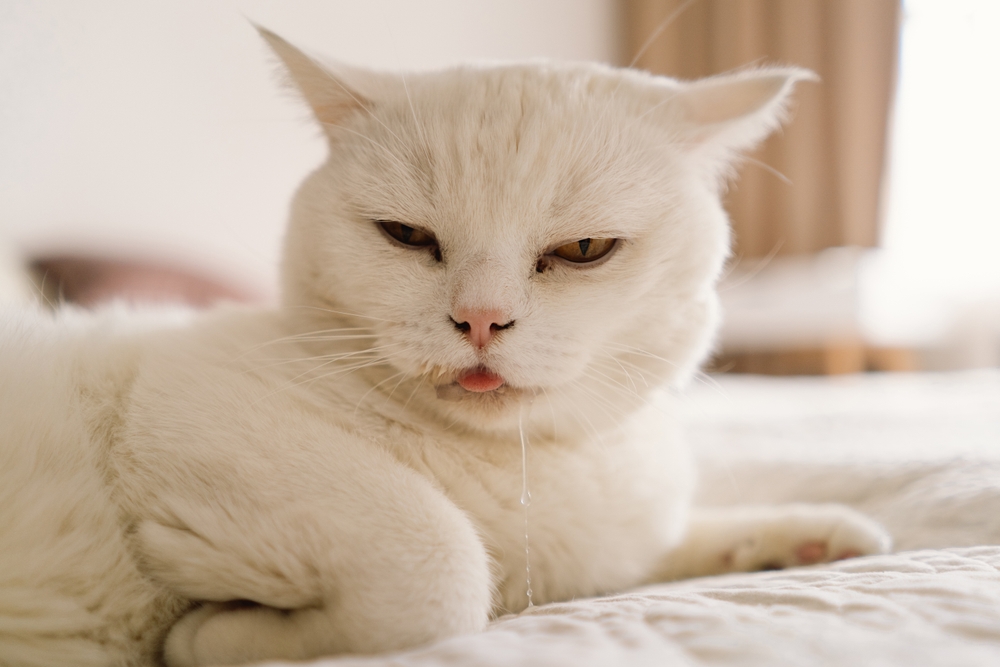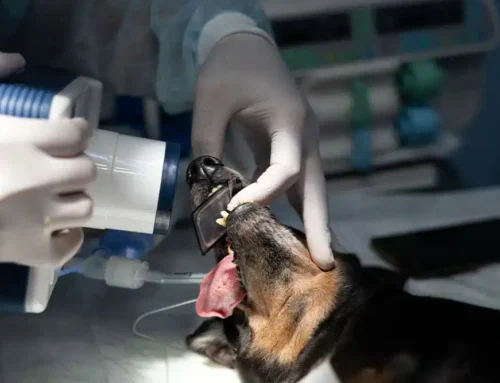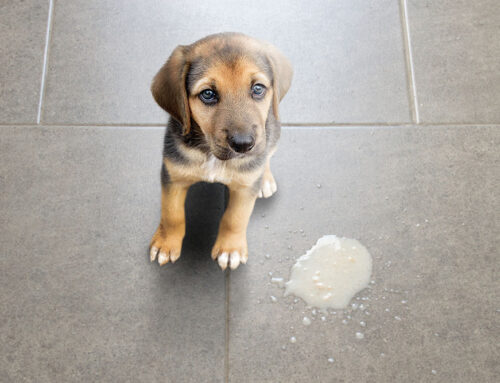When you think of a drooling pet, a slobbery Great Dane or bloodhound likely comes to mind. However, under certain circumstances, your feline friend can also create a pool of saliva. If you’ve ever wondered about your cat’s unusual drooling habit, read on to learn when drooling is considered normal in cats, and when you should seek veterinary care.
Do cats normally drool?
Drooling is a natural behavior for many animal species. However, some species or breeds, such as Saint Bernards and mastiffs, are known for their drooling, while some other creatures, like cats, have much drier mouths. Although your cat may not produce much saliva compared with other animals, drooling can still be considered a normal behavior.
When is it normal for cats to drool?
Normal drooling in cats typically occurs as an emotional response to contentment or stress. You may notice spit bubbles or a thin string of drool dripping from your cat when you scratch exactly the right spot. Or, your cat may drool when they are hiding under the bed from a pack of unruly children at family gatherings.
To determine if your cat’s drooling is normal, consider the circumstances surrounding the behavior. If your cat is sitting on your lap, kneading and purring, and they begin drooling, they are likely so content and relaxed that saliva drips from their mouth. But, if you’re taking your cat to a grooming appointment, by the time you arrive, their mouth and chest may be covered with drool triggered by stress and anxiety, possibly combined with motion sickness.
If your cat continues to drool, despite a change in situation or circumstance, an underlying health issue may be to blame.
When is it abnormal for cats to drool?
Your cat’s constant drooling, or drooling paired with other behavior or health changes, is most likely abnormal. Potential causes include:
- Dental issues — Cats can suffer from periodontal disease, gingivitis, resorptive lesions, or a myriad of other dental problems that lead to pain, inflammation, and infection. Their discomfort can stimulate excessive drooling and blood-tinged saliva.
- Oral infections — Bacterial, viral, or fungal infections in the mouth can cause inflammation and irritation, leading to increased saliva production and drooling.
- Plant toxicity — Some plants, such as lilies, azaleas, and philodendrons, are toxic to cats if ingested. Toxic plants can cause irritation and inflammation in the mouth and GI tract, leading to drooling and other health concerns.
- Chemical toxicity — Ingestion of household chemicals, such as cleaning products, pesticides, or antifreeze, can be extremely dangerous for cats and may cause drooling, along with other poisoning indicators.
- Human medication toxicity — Cats are sensitive to many human medications, and ingesting only small amounts can lead to drooling, vomiting, seizures, or organ failure.
- Gastritis — Inflammation of the stomach lining can cause nausea, vomiting, and drooling in cats.
- Gastrointestinal obstruction — If a cat ingests a foreign object like string, a rubber band, or a hair tie, a digestive tract obstruction can result and lead to drooling, vomiting, and abdominal pain.
- Heatstroke — Heatstroke occurs when the body temperature rises to dangerously high levels, leading to excessive drooling, panting, weakness, and collapse. This is a medical emergency that requires immediate veterinary attention.
- Trauma — Any trauma to the mouth, tongue, or throat, such as bites, burns, or cuts, can cause pain and inflammation and lead to drooling. A cat who has been hit by a vehicle, chewed on an electrical cord, or fought with another animal, may have experienced head or mouth trauma that causes excessive salivation.
- Foreign objects — Cats may accidentally ingest foreign objects that become lodged in their mouth or throat, causing irritation and drooling.
- Upper respiratory infections — Viral or bacterial infections affecting the respiratory tract can cause sneezing, nasal discharge, coughing, and difficulty breathing, which may lead to drooling.
- Asthma — Cats with asthma may experience difficulty breathing, wheezing, and coughing, which can sometimes result in drooling, especially if excess mucus is produced.
 Neurological disorders — Neurological conditions affecting the nerves responsible for swallowing can make swallowing saliva difficult and result in drooling. Conditions like dysphagia or nerve damage can cause this issue.
Neurological disorders — Neurological conditions affecting the nerves responsible for swallowing can make swallowing saliva difficult and result in drooling. Conditions like dysphagia or nerve damage can cause this issue.- Motion sickness — Some cats may experience motion sickness, especially when they are in a carrier and unable to look at the moving landscape. Motion sickness can lead to nausea, drooling, vomiting, and other signs of discomfort.
If your cat is drooling and you cannot figure out a normal reason, such as contentment or stress, a serious health concern may be the cause. Schedule an appointment with your family veterinarian or our Peak Pet Urgent Care team to diagnose and treat your feline friend’s drooling problem.







Leave A Comment